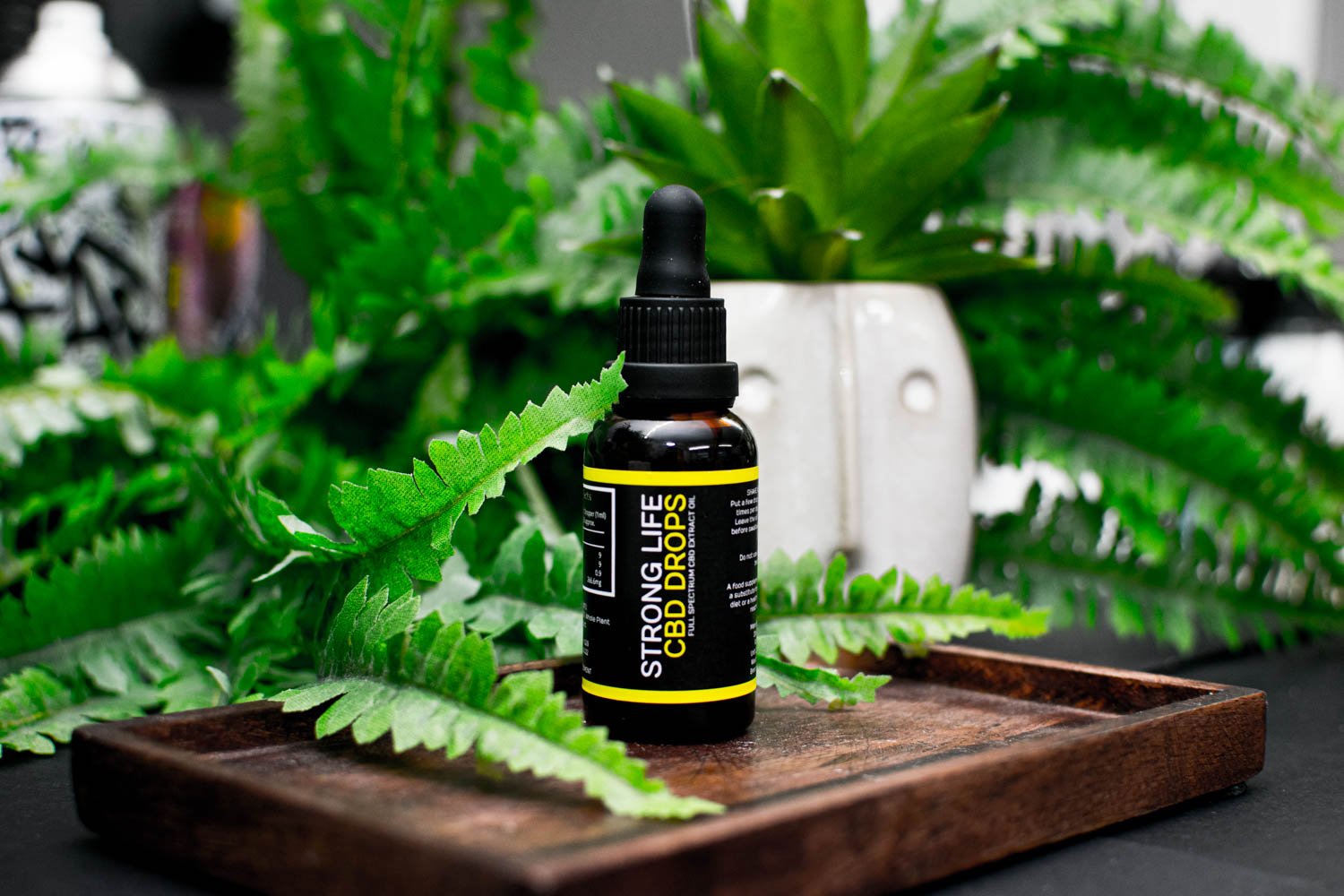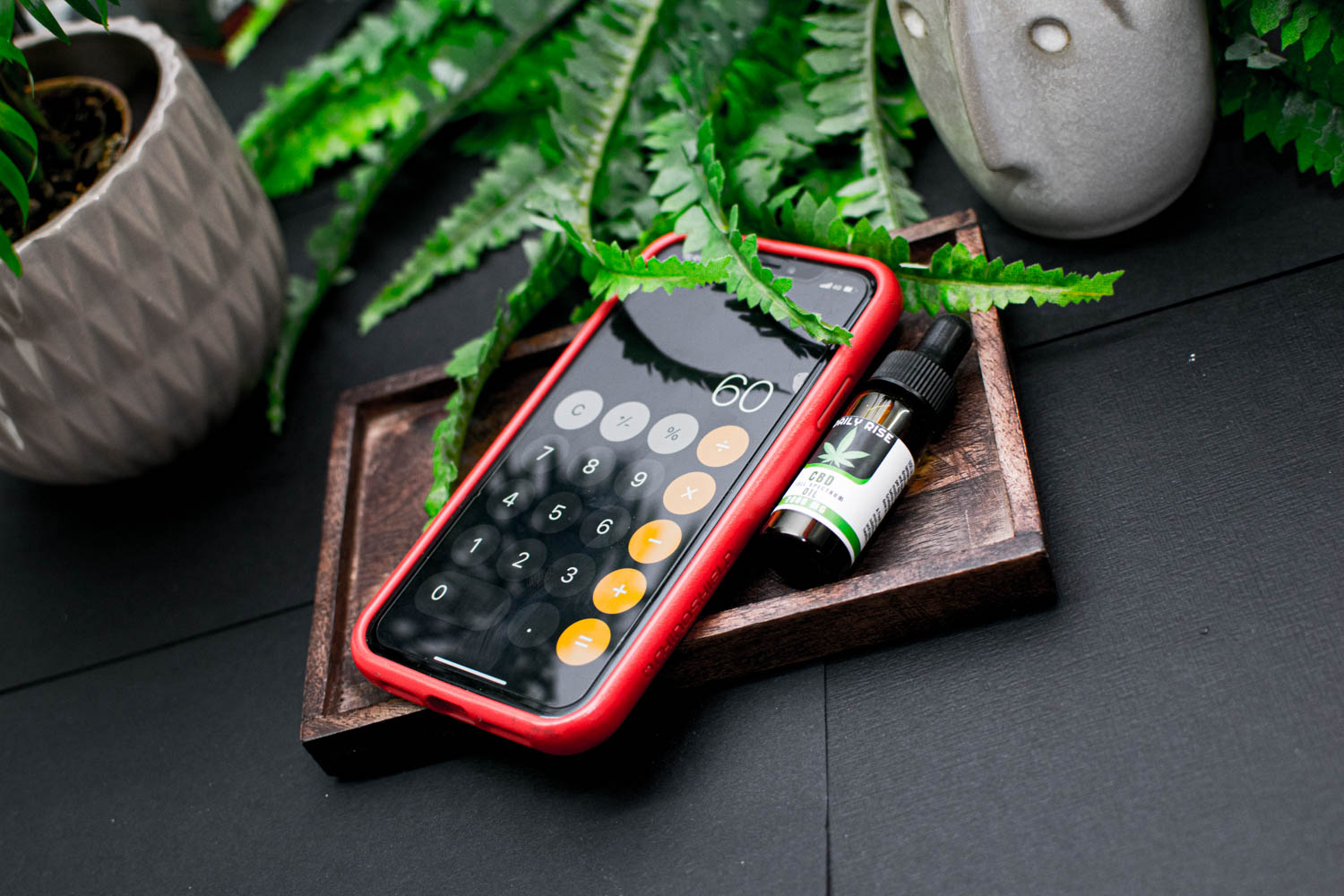
Getting a good night’s sleep is essential for overall health, yet many people struggle with falling or staying asleep. With growing interest in natural sleep aids, CBD (cannabidiol) has become a popular option. But does CBD help with sleep? While research is still developing, early findings suggest that CBD may support relaxation, reduce stress, and promote better sleep quality. In this blog, we’ll explore how CBD interacts with the body, its potential benefits for sleep, and what to consider before using it as a sleep aid.
How Does CBD Work in the Body?
CBD is a compound found in the cannabis plant, but unlike THC (tetrahydrocannabinol), it does not cause a ‘high’. Instead, CBD interacts with the endocannabinoid system (ECS), a complex network in the body that helps regulate functions like mood, pain, and sleep. The ECS includes receptors known as CB1 and CB2, which respond to cannabinoids like CBD. By influencing these receptors, CBD may support relaxation and balance, which could contribute to better sleep.

The Endocannabinoid System’s Role in Sleep
The endocannabinoid system plays a key role in maintaining homeostasis, or balance, within the body. Research suggests that the ECS helps regulate the sleep-wake cycle, meaning it affects when we feel alert or sleepy. By interacting with the ECS, CBD may help the body maintain a more natural sleep pattern, particularly in people who struggle with insomnia or disrupted sleep cycles.
Can CBD Help with Insomnia?
One of the most common reasons people turn to CBD for sleep is insomnia—a condition where falling or staying asleep becomes difficult. Some studies suggest that CBD may influence cortisol levels, a hormone associated with stress. High cortisol levels at night can make it hard to sleep, but CBD’s potential calming effects may help reduce this response, making it easier to drift off.
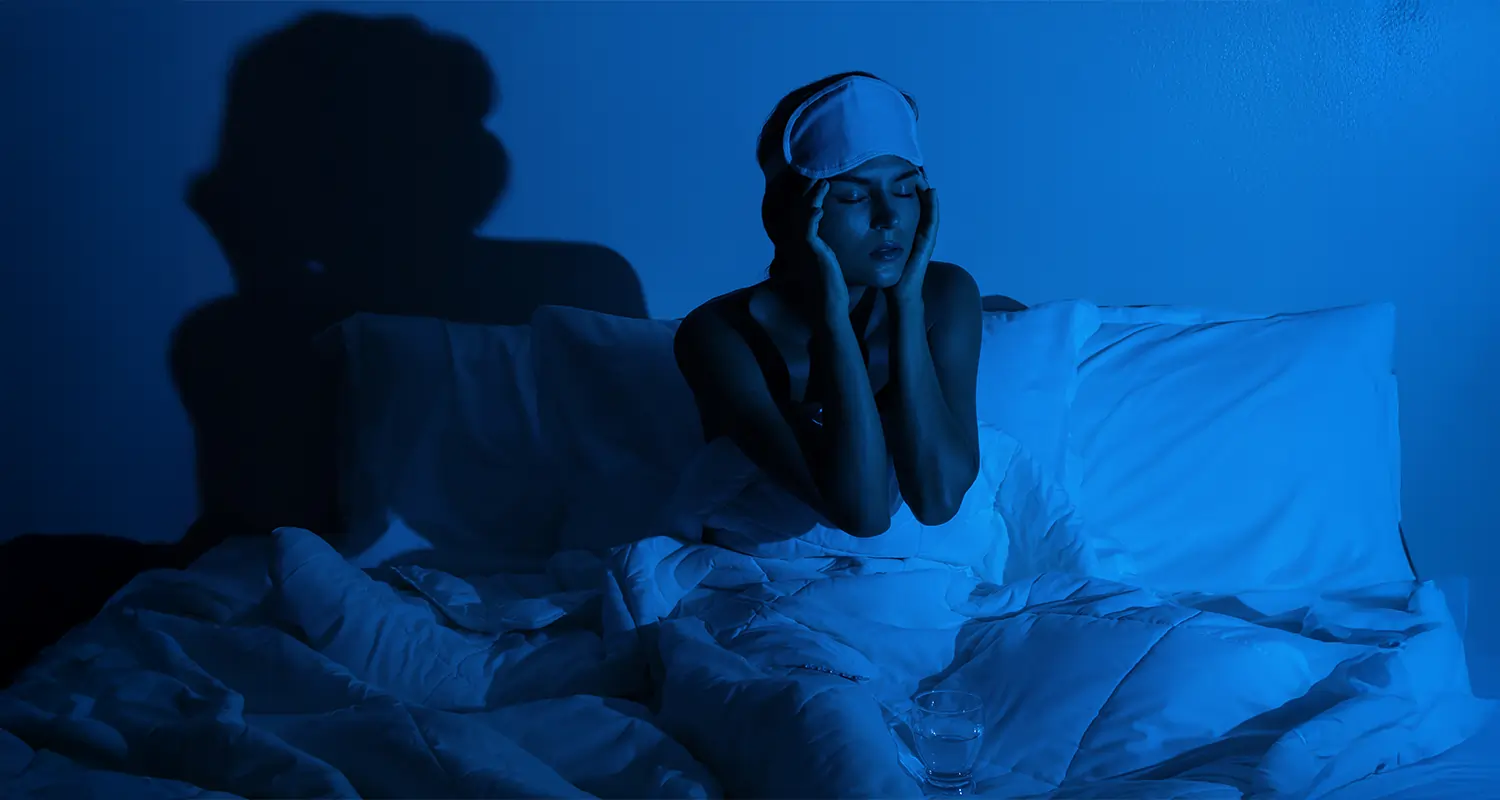
How CBD Affects Stress and Anxiety
Since stress and anxiety are major contributors to sleep problems, CBD’s interaction with serotonin receptors may be relevant. Serotonin is a neurotransmitter that helps regulate mood and relaxation. By supporting serotonin function, CBD may help people feel calmer, which could make it easier to fall asleep.
Does CBD Help with Sleep Disorders Like Sleep Apnoea?
There’s growing interest in whether CBD helps with sleep disorders like sleep apnoea, a condition where breathing repeatedly stops and starts during sleep. While there’s limited research on CBD’s direct effect on sleep apnoea, some studies suggest that CBD may help by reducing inflammation and promoting muscle relaxation, which could improve airflow and breathing at night.
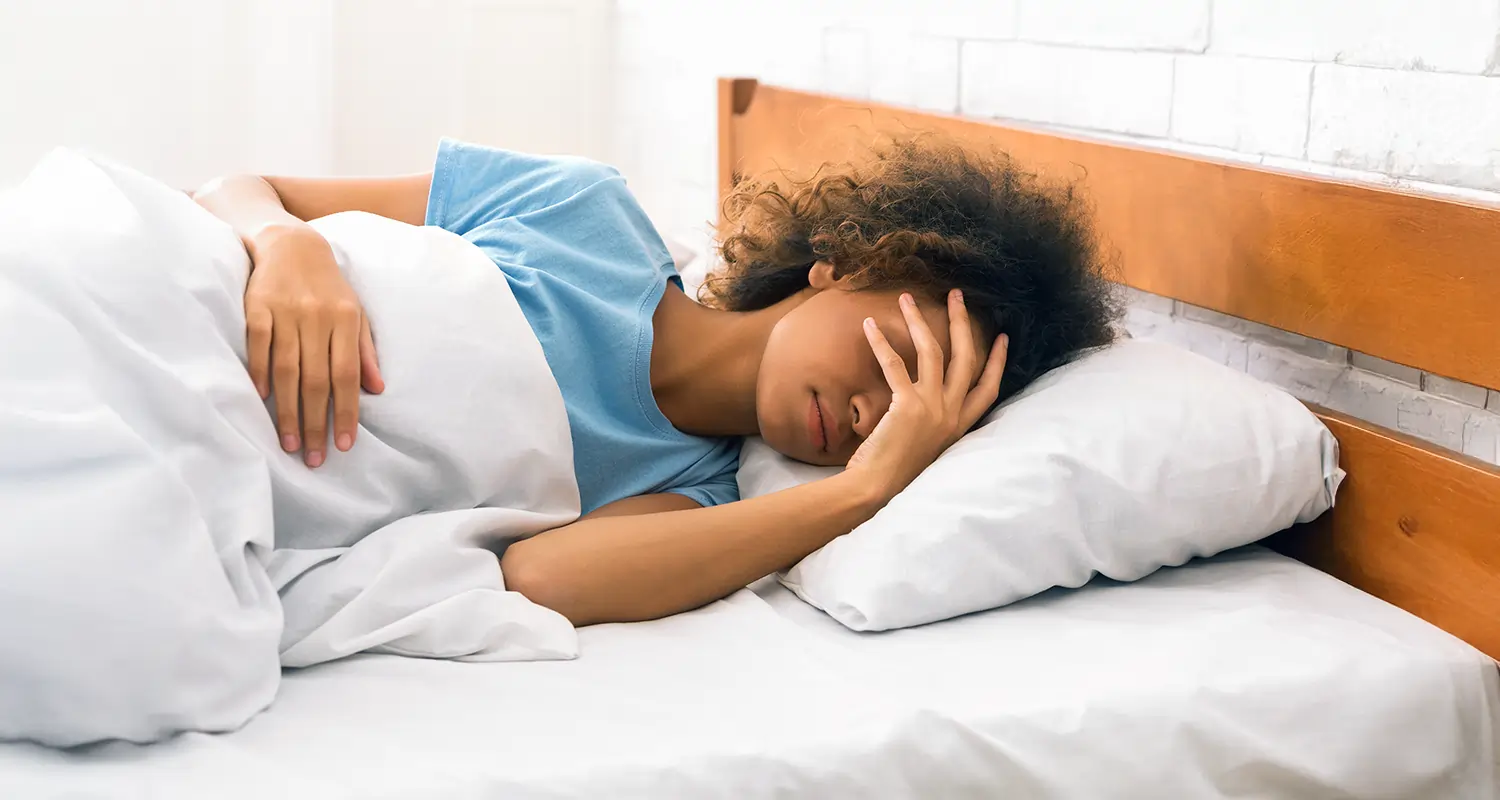
The Connection Between CBD and Respiratory Function
CBD has been studied for its potential anti-inflammatory properties, which may help reduce airway obstruction. While more research is needed, some experts believe that CBD’s ability to support relaxation and deeper sleep could be beneficial for people with mild sleep apnoea.
Can CBD Improve Sleep Quality?
Even if someone doesn’t have insomnia or a diagnosed sleep disorder, does CBD help with sleep quality? Research suggests that CBD may extend the amount of time spent in deep sleep stages, which are essential for physical and mental recovery.

How Deep Sleep Affects Overall Health
Deep sleep is when the body repairs tissues, strengthens the immune system, and processes memories. If CBD can help increase time spent in deep sleep, it may contribute to better energy levels, improved focus, and enhanced recovery from daily stress.
Is CBD More Effective Than Traditional Sleep Aids?
Many people turn to melatonin, prescription medications, or herbal remedies for sleep, but how does CBD compare? While traditional sleep aids work by sedating the body, CBD seems to support natural relaxation without grogginess the next day.
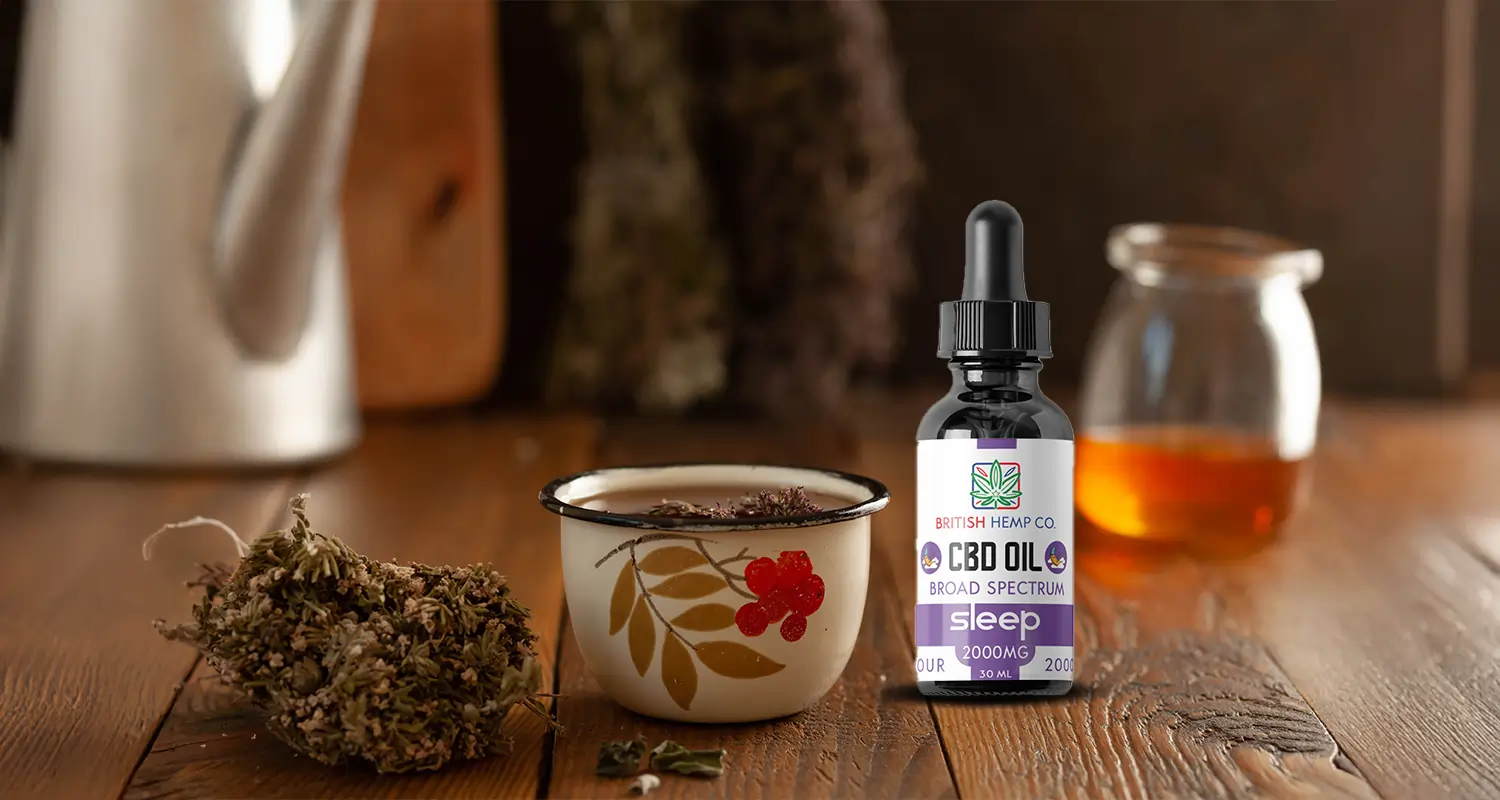
The Advantages of Using CBD for Sleep
Unlike some sleep medications, which can cause dependence or side effects, CBD may offer a gentler alternative with fewer risks. However, results vary from person to person, and CBD should be taken as part of a holistic approach to better sleep.
What Is the Best CBD Dosage for Sleep?
Finding the right CBD dosage for sleep depends on factors like body weight, metabolism, and individual tolerance. Generally, lower doses (10-20 mg) may promote relaxation, while higher doses (25-50 mg) are often used for sleep support.
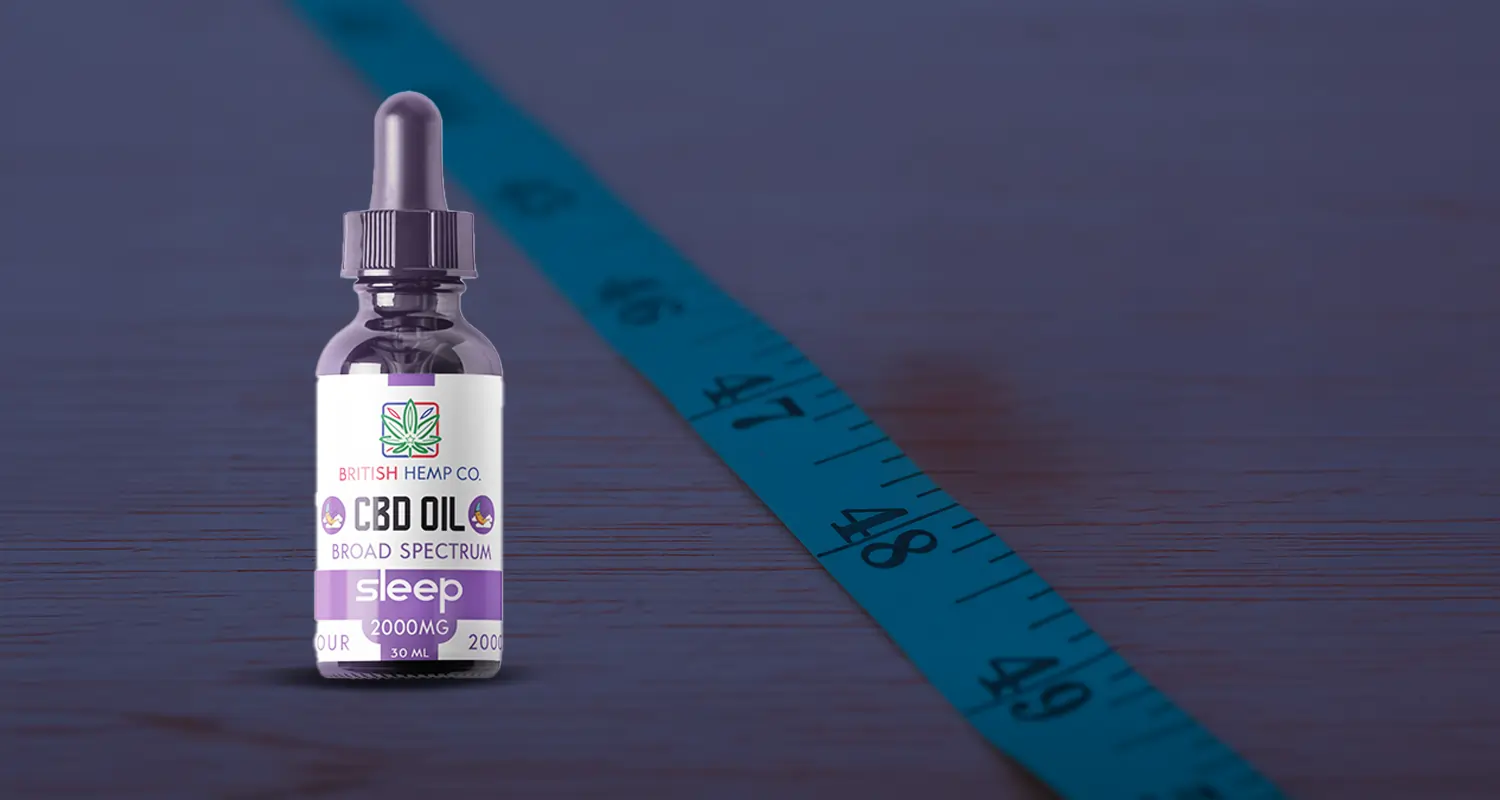
How to Determine the Right CBD Amount
It’s best to start with a low dose and gradually increase until the desired effect is achieved. Keeping a sleep journal can help track improvements in sleep quality and identify the most effective dose.
When Should You Take CBD for Sleep?
Timing matters when using CBD for sleep. Most people find it effective when taken 30-60 minutes before bed, allowing time for absorption.
Different CBD Products and Their Effects on Sleep
- CBD oil: Fast-acting, ideal for placing under the tongue before bed.
- CBD capsules: Slower onset, providing longer-lasting effects.
- CBD gummies: Convenient and enjoyable, but take longer to digest.

Are There Any Side Effects of Taking CBD for Sleep?
CBD is generally well-tolerated, but some people may experience mild side effects like drowsiness, dry mouth, or changes in appetite.
How to Minimise Side Effects
Starting with a low dose and choosing a high-quality CBD product can help reduce the risk of unwanted effects.
What to Look for in a High-Quality CBD Sleep Product
Not all CBD products are created equal, so it’s important to choose a reputable brand that offers third-party lab testing and clear ingredient lists.
Key Factors to Consider:
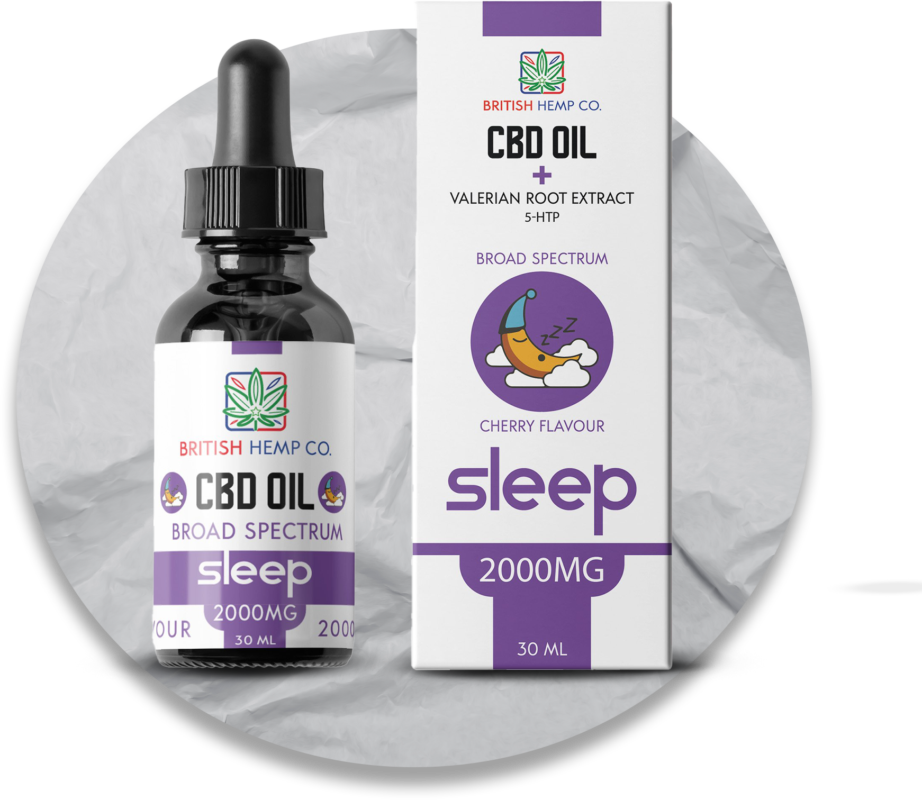
British Hemp Co. CBD Oil – 30ml – Broad Spectrum – 5 Strengths
offers this high quality broad spectrum CBD oil rich in natural cannabinoids, terpenes, flavonoids and phytonutrients. Our oil contains all the benefits of a full spectrum oil but with Zero THC The Oil has been produced using the most natural cold pressed method.
ENJOY 20% OFF USING CODE: SLEEP2025
| Factor | Why It Matters |
|---|---|
| Full-Spectrum vs Isolate | Full-spectrum CBD contains additional beneficial cannabinoids. |
| Lab Testing | Ensures purity and absence of contaminants. |
| THC Content | Should be within legal limits (less than 0.2% in the UK). |
| Extraction Method | CO2 extraction is considered the safest and most effective. |
Final Thoughts: Does CBD Help with Sleep?
So, does CBD help with sleep? While research is ongoing, early studies and anecdotal evidence suggest that CBD may support relaxation, stress reduction, and improved sleep quality. It appears particularly useful for those struggling with insomnia, anxiety, or poor sleep patterns. However, as with any supplement, individual responses vary, and it’s best to consult a healthcare professional before starting CBD for sleep.
Frequently Asked Questions?
When should I take CBD to help me sleep?
The best time to take CBD for sleep is about 30 to 60 minutes before bed, allowing enough time for the body to absorb it and start taking effect. The exact timing depends on the type of CBD product—CBD oil works faster when placed under the tongue, while capsules or gummies take longer as they go through digestion.
What level of CBD is good for sleep?
CBD dosage for sleep varies based on individual factors like body weight, metabolism, and tolerance, but a common starting dose is 10-25 mg per night. Some people find that higher doses, around 25-50 mg, are more effective for deep relaxation and improved sleep quality.
How long does it take for CBD to kick in?
How quickly CBD works depends on the delivery method. CBD oil taken sublingually (under the tongue) can take effect in 15-45 minutes, while capsules, gummies, and edibles may take 60-90 minutes as they must be digested first.
Is CBD better than melatonin?
CBD and melatonin work differently—melatonin directly regulates the sleep-wake cycle, while CBD helps with relaxation and reducing stress or anxiety. Some people find CBD more effective for stress-related sleep issues, while melatonin may work better for those with irregular sleep patterns.
Does CBD actually improve sleep?
Research suggests that CBD may improve sleep by promoting relaxation, reducing anxiety, and supporting deeper sleep cycles. However, results vary between individuals, and its effectiveness depends on the underlying cause of sleep issues.
When should you not use CBD?
CBD should be avoided if you are pregnant, breastfeeding, taking certain medications, or have a medical condition that could interact with it. It’s always best to consult a healthcare professional before starting CBD, especially if you’re on blood thinners or sedatives.
Is it bad to take CBD every night?
There is no evidence that taking CBD every night is harmful, and many people use it regularly for sleep support. However, it’s important to monitor how it affects you and take occasional breaks to assess whether you still need it.
Does CBD have any negative side effects?
CBD is generally well-tolerated, but some people may experience mild side effects like dry mouth, dizziness, drowsiness, or digestive discomfort. Side effects are more likely with higher doses, so starting with a low dose is recommended.
Will CBD show up on a drug test?
CBD itself does not appear on standard drug tests, but some CBD products contain trace amounts of THC. If the product is full-spectrum CBD, there’s a slight risk of THC accumulating in the body and showing up on a test, so THC-free options are the safest choice.
How does CBD make you feel?
CBD does not cause a ‘high’ like THC, but most people report feeling calm, relaxed, and less anxious. Some also experience mild drowsiness, especially when taking higher doses for sleep.
What strength of CBD is best for sleep?
The best CBD strength for sleep depends on individual tolerance, but low to moderate doses (10-50 mg) are commonly used. Higher-strength options (50 mg or more) may be more effective for those with chronic sleep issues or severe anxiety.
Does CBD help you lose weight?
CBD is not a weight-loss supplement, but it may support weight management by reducing stress-related overeating, improving sleep quality, and potentially influencing metabolism through its effects on the endocannabinoid system.
Are there any benefits to taking CBD?
Yes! CBD may support stress relief, anxiety reduction, pain management, inflammation control, and sleep improvement. Some studies also suggest it could help with mood regulation and overall well-being.
How long does CBD stay in your system?
CBD can stay in the body for 2 to 5 days, but this varies based on dosage, frequency of use, metabolism, and the type of CBD product. In regular users, CBD may remain detectable for a week or more.


